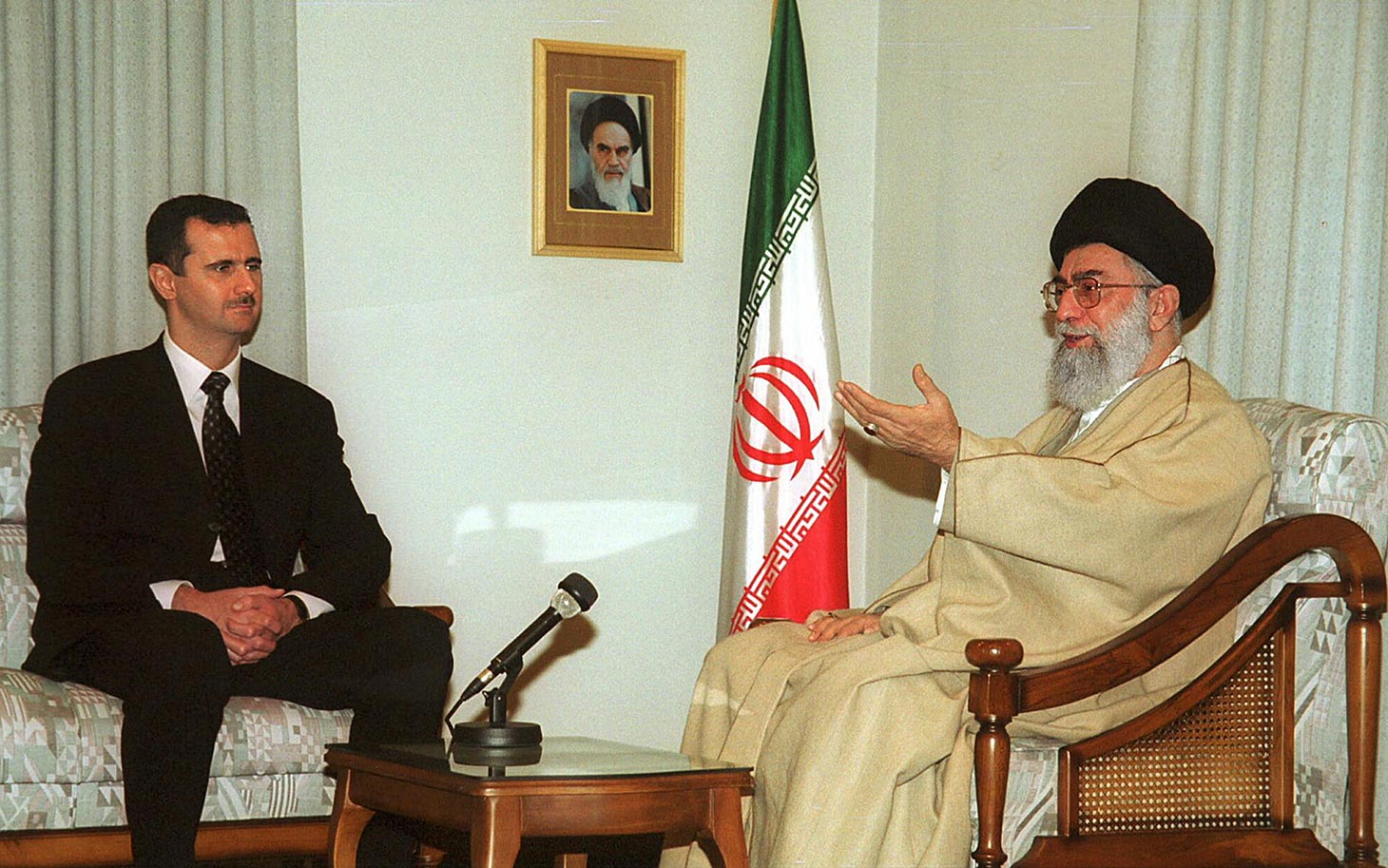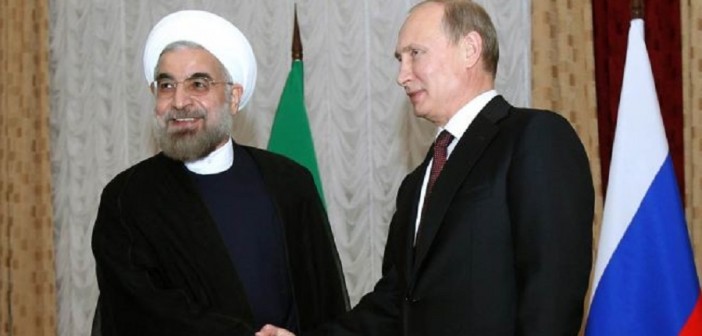For the past several months, one country has dominated the headlines. Iran has been at the forefront of global affairs. As a regional (and potentially global) power, this is unsurprising. Events recently have seemed to signal Iran’s emergence from the shadows of global diplomacy, and herald a long-awaited return to the forefront of trade and politics. Iran’s impending deal with the West to cease uranium enrichment (despite its protestations that these are merely for nuclear power) in exchange for sanctions relief have seen its star rise. Once again, countries are flocking to do business with Iran, which now poses a threaten to other established markets. Iran is on the cusp of no longer being a pariah state – so why throw its lot in with Russia?
Over the past few years, actions taken by the Russian government have seen its global brand somewhat tarnished. Russia was removed from the G8, and sanctions on the Russian economy by Western governments led to a rapid fall in currency value earlier this year. As Iran’s fortunes have soared, Russia’s seem to have fallen. In light of these circumstances, the announcement of a new arms deal between the two countries is all the more puzzling.
It was announced that as early as next week, Iran could expect a delivery from Russia. Four S-300, a surface-to-air missile system first deployed during the Cold War, will soon be shipped over, as soon as the contract is signed. The delivery will actually be half a decade late. In 2010, Putin responded to Western pressure and cancelled the deal. After two years of striking it away from the West, the deal is back on. What could Iran possibly gain, as the incumbent pariah state, by deepening linkages with the West’s latest opponent?
 [via Al Jazeera]
[via Al Jazeera]
Perhaps unsurprisingly, all roads lead to Syria. Iran is engaging in military deals with Russia because it is their shared desire to see Assad remain in power. While the West and Middle Eastern allies have intensified and focused attacks on ISIS, Assad has been regaining form. After previously giving up on whole areas of the country, the regime has intensified attacks on civilians, killing almost 100 in an attack on a marketplace on Monday.
Iran and Russia have both stated their determination to see Assad remain in power. As a possible United Nations peace deal looms, both countries have declared that Assad’s removal must not play a part. This is in stark opposition to the Western countries and the Middle Eastern nations.
Iran is at a crucial juncture. Either the nuclear deal goes forth, and Iran reaps the benefits of a renewed economic relationship with the West, or the alternative. Iran continues to make political decisions that are at odds with these would-be allies, and deepens economic, diplomatic, and military ties with Russia. There is a third way, however. Iran would find itself in a world in which it trades with the West, while trading with Russia, and carrying out actions that the West do not approve of. This could be a tricky world to navigate. Or perhaps not. China seems to have done just this – and rather successfully.





